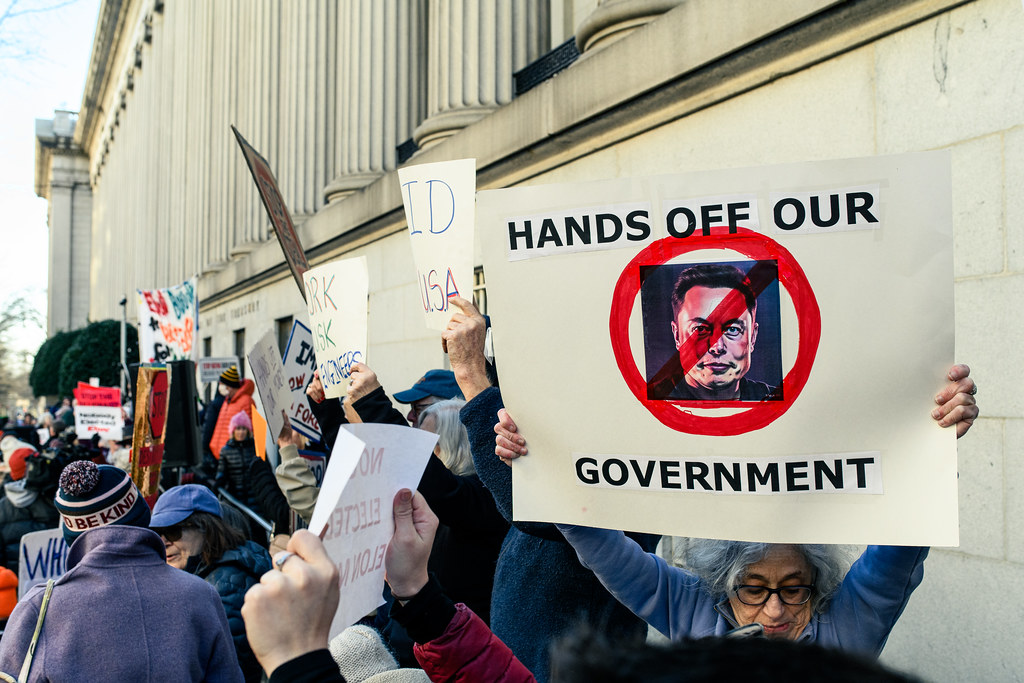Questions tariffs while downplaying inflation risks

WASHINGTON — In his regular Capitol Hill Report radio interview, Sen. Chuck Grassley (R-Iowa) downplayed concerns about Elon Musk’s influence over government policy, asserting that ultimate authority rests with President Donald Trump. At the same time, he struck a conflicted tone over Trump’s latest tariff plans, oscillating between skepticism and potential support.
Asked by Joe Benedict of the Key Account Daily Gate City, who conducted the interview, about the issue of Musk’s involvement in various government affairs, Grassley dismissed the notion that the billionaire exerts undue influence, citing the constitutional powers of the presidency.
“Musk does not have any power,” Grassley said. “The President expressed this best by saying, ‘If Musk brings an idea to me and I agree with it, we’ll do it. If I don’t agree with it, we won’t do it.’ So I believe that says it all.”
He reinforced the idea that the presidency holds ultimate authority, invoking former President Harry Truman’s famous phrase: “The buck stops here.”
While defending Trump’s authority, Grassley took a more ambivalent stance on the administration’s recent decision to impose tariffs on steel and aluminum imports. He acknowledged that tariffs would “logically” drive up prices but pointed to Trump’s first term as evidence that they might not necessarily contribute to inflation.
“Well, it was done during his first term, and it didn’t raise prices, at least not enough to increase inflation, because inflation didn’t go up until Biden got in office,” Grassley said. “Common sense would tell me it would drive up the price, but since it didn’t in the first Trump administration, I don’t think I can be intellectually dishonest, except maybe to say I just don’t know.”
However, Grassley’s assertion overlooks key economic factors. While inflation did not spike immediately during Trump’s first term, the cumulative impact of tariffs contributed to supply chain disruptions and price increases that became more pronounced in subsequent years, particularly under the Biden administration. Additionally, Trump’s new round of tariffs is expected to be far more extensive, raising concerns that history could repeat itself—this time with even greater ’cause and effect’ ramifications, which could lead to even more expensive goods and services.
Noting his past advocacy for free trade stances, Grassley acknowledged shifting political winds with a note of concern. “I used to be in the majority in Congress, being that way, and now I’m kind of in a minority,” he said. “So there’s been a real trend toward protectionism, and this is part of it.”
He left room for a change in position, saying he might ultimately support Trump’s tariffs if they prove effective. “If Trump’s right, I’m going to praise him. If he’s wrong, then I’m going to say I told you so.”
Grassley’s mixed response signals a cautious approach to Trump’s economic policies, balancing ideological commitments to free trade with political realities in a protectionist-leaning Republican Party. Whether tariffs will drive up inflation or deliver economic benefits remains to be seen, but Grassley appears prepared to hedge his bets on the outcome.







